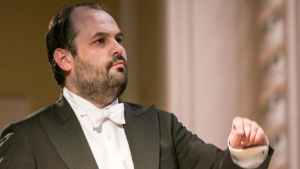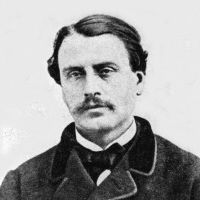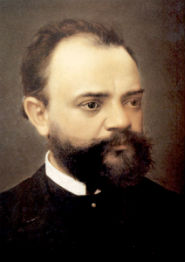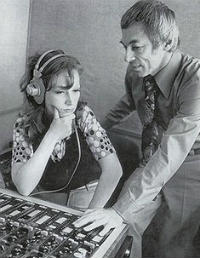“The most difficult thing is to earn the trust of musicians”
 Peter Gladysh
Peter Gladysh
– What qualities should a conductor have?
– As a cellist, I worked in different orchestras with many conductors of different levels, different ages and nationalities. But there was one conductor’s quality, which always immediately attracted herself. With its manifestation, one always wanted to meet, to give one hundred percent. This quality is solidarity. This is when the conductor feels part of the team, understands the specifics of the instruments and technical difficulties that may be associated with them, empathizes the musicians, worries about their physical condition, does not bring the orchestra to exhaustion at rehearsals, and at the right moment gives the musicians the opportunity to take care of themselves to keep forces for performance. When he is not formal, but sincerely sympathizes with the fact that someone has a toothache, and someone has a child who is ill, and realizes that we are all real people and everything is “in the same boat”. That such a conductor will take in any team. Such an attitude cannot be portrayed or attempted to copy: the musicians feel the hypocrisy very well and immediately it will crack.
I am happy, I am really lucky in life: I work with a conductor who does not divide the orchestra into chiefs and subordinates and treats every orchestra with sincere respect and interest. And the support that the orchestra in turn gives is truly worth it. Such a feeling of elbow is a great rarity both in a musical group and in any other.
– What do you personally prefer to conduct – hands or wand?
– In those pleasant moments when you conduct such classical gems as Adagietto from Mahler’s Fifth Symphony, or the third part of Tchaikovsky’s string serenade, or the third part of Rimsky-Korsakov’s Scheherazade, you begin to feel this inexpressibly beautiful sound. It is tangible, you feel the soft and warm sound of the orchestra flowing under your fingers, and you physically feel its density. At such moments, the wand is automatically sent to the remote.
– The most difficult piece for performance with an orchestra, in your opinion?
– The third part of Mahler’s Fourth Symphony.
– What is the most difficult thing for you in the conducting profession?
– The difficulty for a novice conductor, in my opinion, is as follows. Studying in an educational institution is homework with a score in front of a mirror and conducting in a class with two accompanists. And so, it means that you have been studying for so long, you have achieved the “perfect gesture” and finally, for the first time in your life, eagerly went out to the orchestra! And … you understand that the pizzicato of the strings, according to your show, were not played together, the brass acts are not always made together, but the brilliant achelerandos, which were so convincing in the imagination at home in front of the mirror, are performed very reluctantly and cost you great efforts . That is, for a more coherent action in a large group, the conductor needs some other means.
As one great conductor said, “conducting is an experience.” Training includes sleepless nights with musical scores in front of a mirror, classes in a class with a professor and accompanists, conducting with a string orchestra, and, finally, working with a large symphony orchestra. The difficulty is that there is a whole gulf between these steps – and the novice conductor should be ready to step there.
Of course, everyone goes through this stage. The main thing is not to give in to excessive reflection at the right moment and step by step to approach the heights in this very difficult, but incredibly interesting profession.
Dmitry Matvienko
– What qualities should a conductor have?
– There are obvious qualities that should have any person, leading a group of people – will, charisma, diplomacy. In the case of the conductor’s profession it is difficult to list everything.
In order to better understand the music, the conductor must be a fanatic of his work, have a broad outlook, know foreign languages. And another essential component is luck. Over the past decade, competition has increased significantly, as can be judged by the number of applications for conductor competitions. It is very important to get to the right place at the right time and show yourself to the maximum.
– What do you personally prefer to conduct – hands or wand?
– I think that there is not much difference between wand control and without it. It doesn’t matter how and with what help you influence the musicians. It is important that they feel you, breathe with you, then you can not conduct them at all. There should be a special relationship, that invisible contact that happens to the closest people, when you do not need to say anything, but everything is clear.
– The most difficult piece for performance with an orchestra, in your opinion?
– There is no division into simple works and complex ones in this profession. However, many conductors consider the most complex work to be that which is now in their work. And I understand them. You can do symphonies of Viennese classics as infinitely as long as the works of composers of any style, be it Bruckner, Debussy or Stockhausen.




